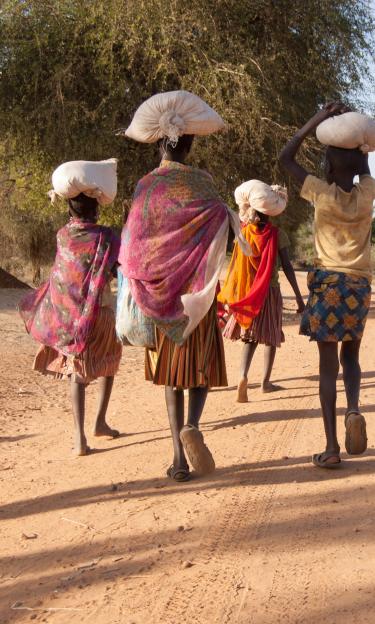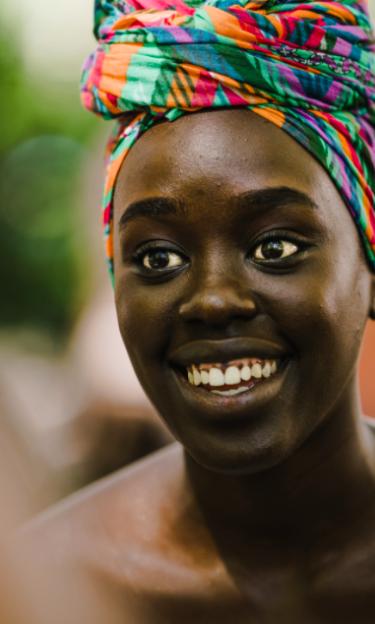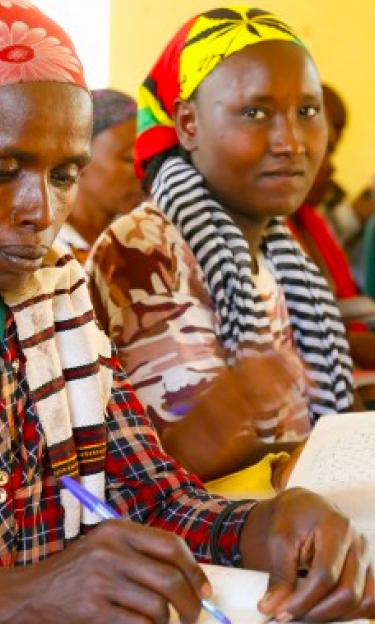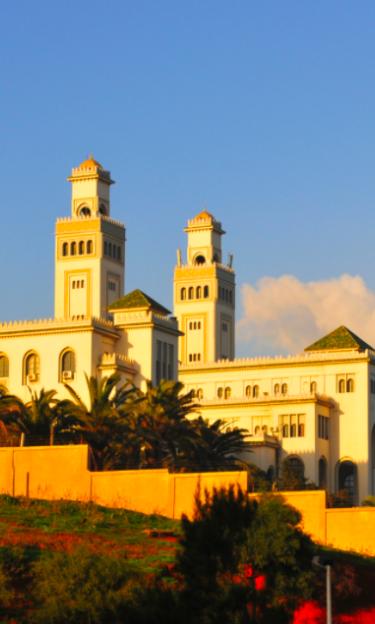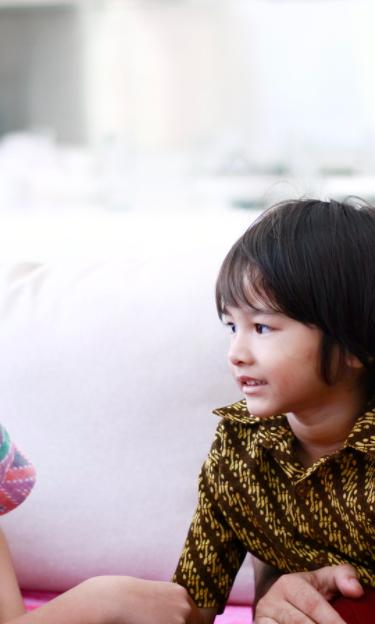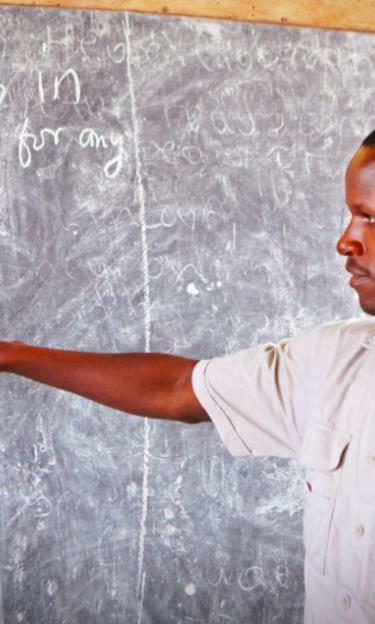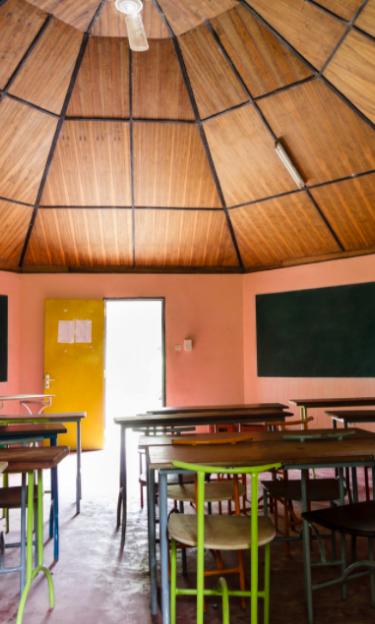
Adult education matters
The COVID-19 pandemic showed the importance of adult education. Only if everybody – young and old – is able to learn can we solve global challenges such as COVID-19 together. Only if all of us have the chance to adapt to new developments and acquire the knowledge necessary to act jointly to solve global challenges will we be able to create fairer, more just and sustainable societies. A rapidly developing world does not allow for learning to finish with the end of compulsory or higher education. It requires lifelong learning for all.
As a core component of lifelong learning, adult learning and education (ALE) comprises all forms of education and learning, ensuring that adults participate not only in the world of work, but in society as a whole. It is an essential instrument in working towards the achievement of all SDGs and plays a significant role in tackling current and future skills challenges, as well as in supporting personal development and social cohesion.
We are far from providing learning opportunities to all. In one-third of countries worldwide fewer than
of adults aged 15 and above participate in education and learning programmes.
At the midway point of the 2030 Agenda for Sustainable Development, with its 17 Sustainable Development Goals (SDGs), including SDG 4, which specifically calls for learning opportunities for adults, it is clear that we must redouble our efforts!
Moving adult learning and education up on the policy agenda
As we anticipate further disruption caused by the effects of climate change, demographic shifts and the growing influence of digital technologies in every aspect of our lives, it is critical that adult learning and education as an integral part of lifelong learning moves further up the policy agenda. The seventh International Conference on Adult Education (CONFINTEA VII) provided the perfect ground for this endeavour.
Since adopting the Belém Framework for Action (BFA) at CONFINTEA VI in 2009 and following the adoption of the 2030 Sustainable Development Agenda in 2015, Member States have shown increasing interest in tracking ALE, as reflected in the growing number of countries responding to the Global Report on Adult Learning and Education (GRALE) survey. The global community of ALE, brought together through the cycles of CONFINTEA roughly every 12 years, has increased steadily in diversity while enabling a more concerted approach in promoting more equitable and inclusive education outside formal settings. According to GRALE, the key recommendations of the BFA’s and the 2015 UNESCO Recommendation on Adult Learning and Education (RALE) are well-reflected in Member States’ national legislation and education policies, with 81 per cent of 159 countries reporting that the BFA and RALE are translated into national laws.
Using RALE and BFA as a reference, UIL has been providing targeted technical assistance to countries in the development and national implementation of ALE strategies. See below to learn more about how different countries implemented their ALE strategies.





